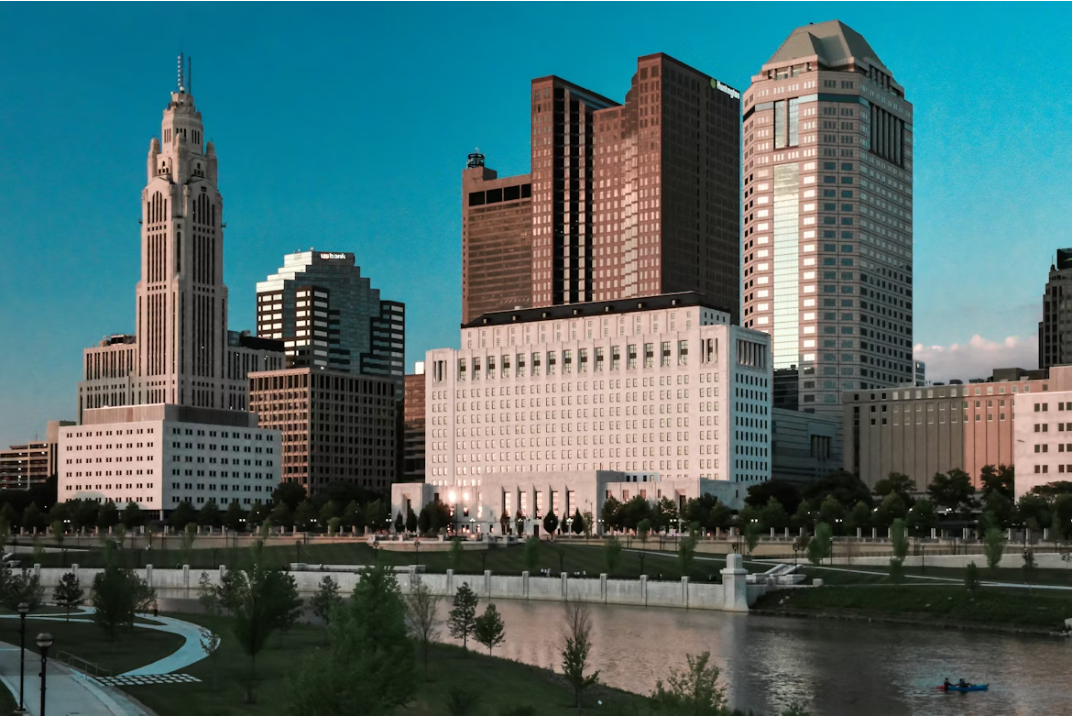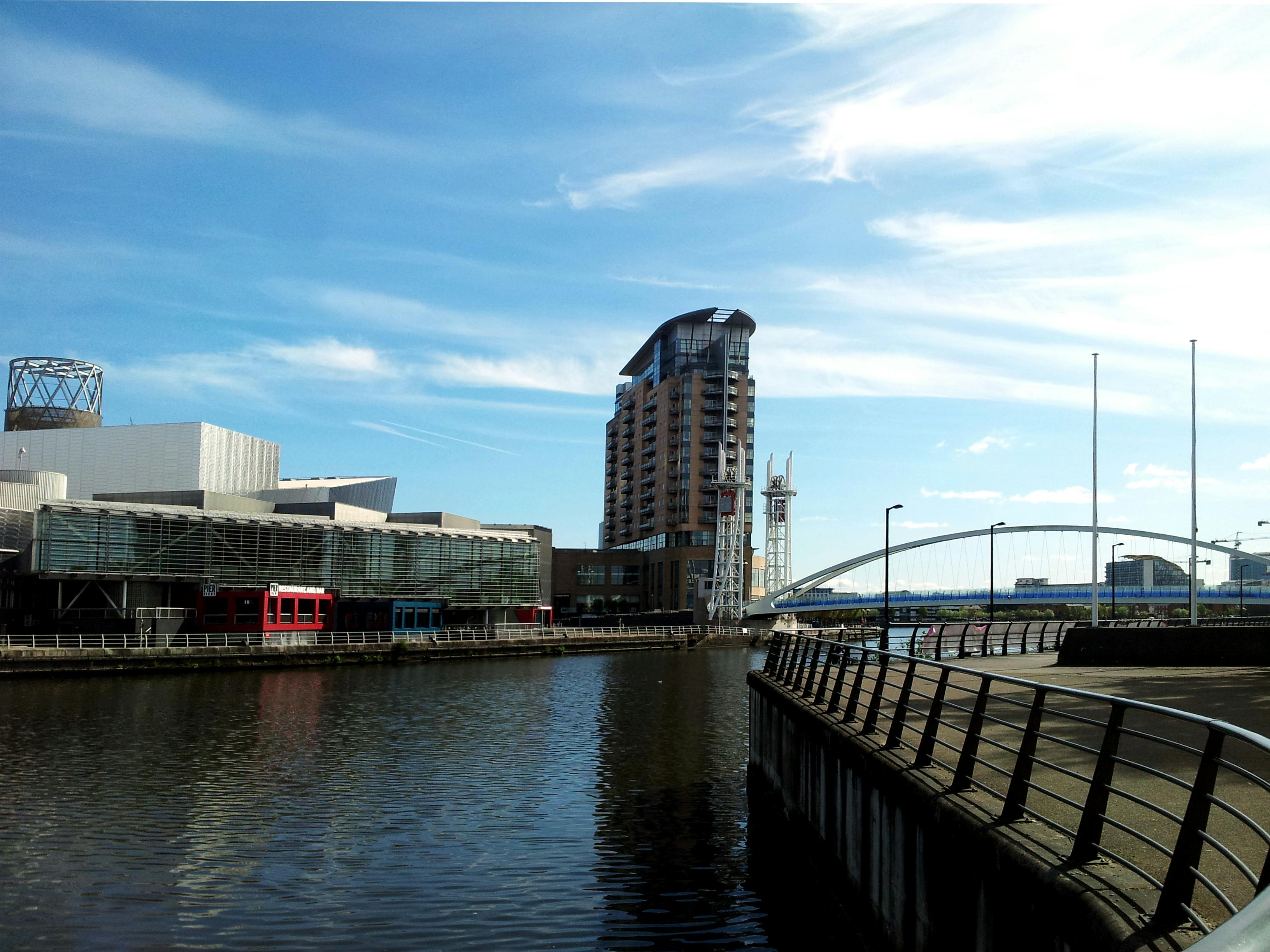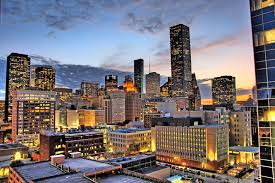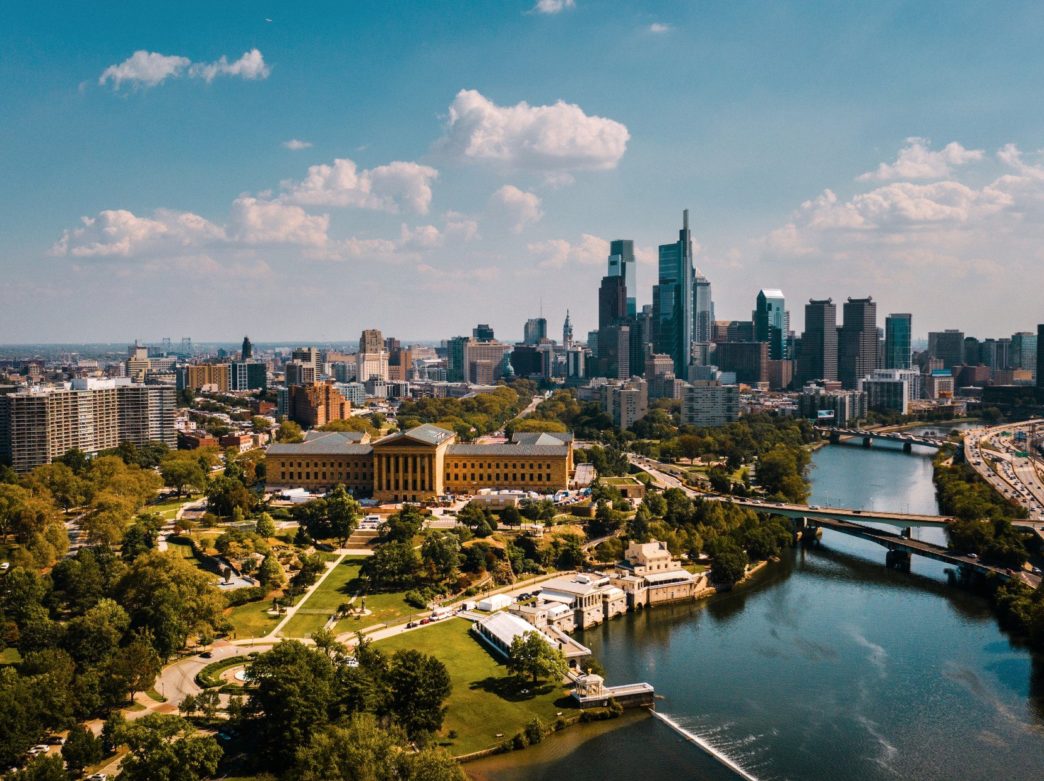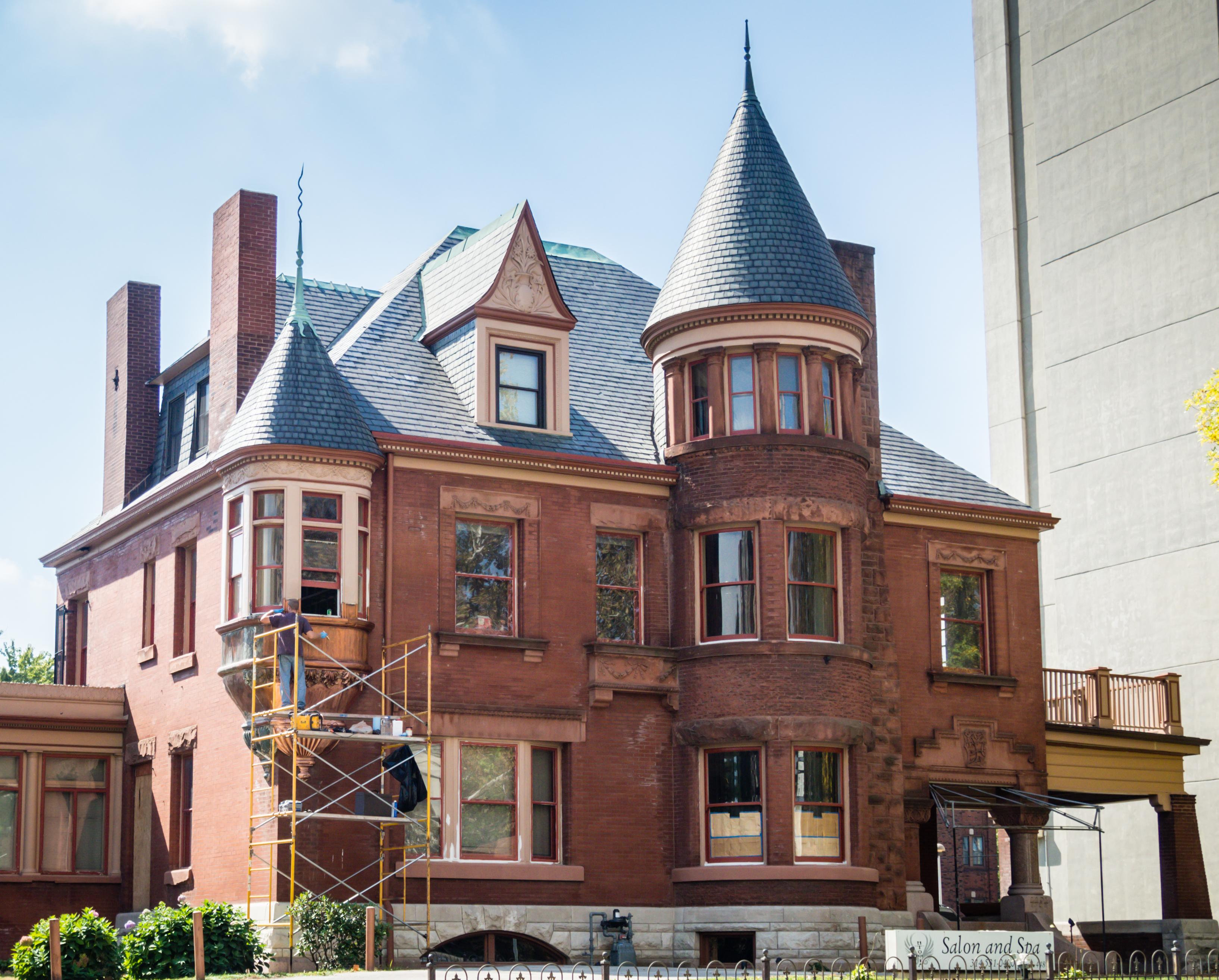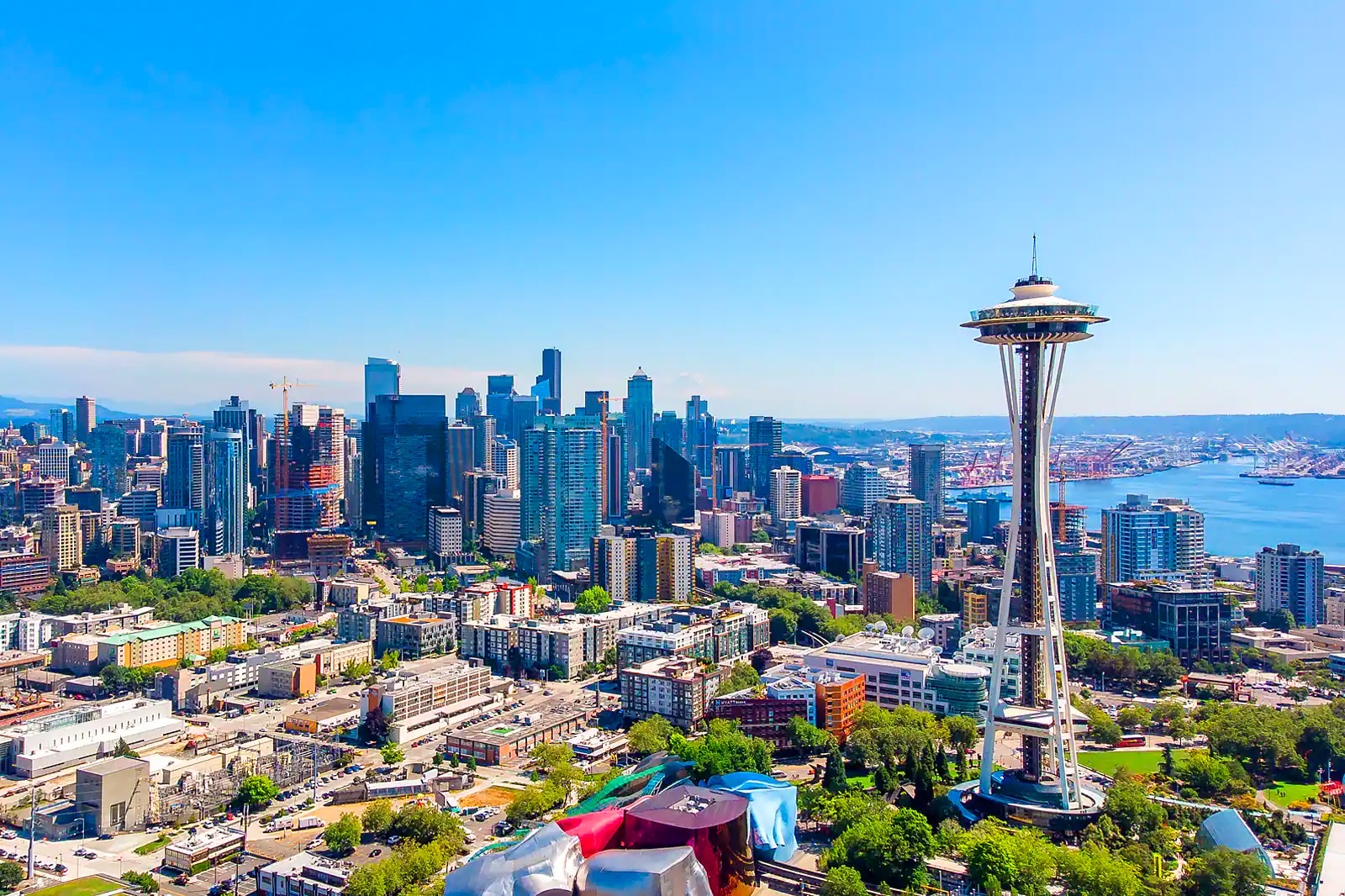Curious about the cost of living in Philadelphia? Is Philadelphia affordable? With its expansive parks and trails, esteemed universities, vibrant food scene, bustling breweries, and top-tier sports teams, Philadelphia has much to offer. Today, we’re breaking down average expenses—covering accommodation, food, utilities, and more—to provide you with essential financial insights. Even with job prospects and savings, it’s crucial to understand the cost dynamics to avoid living beyond your means. While living in Philadelphia may be pricier than many cities in the US, its vibrant cultural scene and quality of life make it an exceptional place to call home.
Cost of Living in Philadelphia: Overview
As of 2025, the average living cost for a single person in Philadelphia is around $2,832 per month, including housing, utilities, food, transportation, and other essentials (Salary.com). This places Philadelphia at about 14% higher than the U.S. average in overall cost of living, yet still significantly more affordable than cities like New York, Washington D.C., and Boston.
This guide breaks down the 2025 Philadelphia cost of living—from rent and utilities to groceries, transportation, and monthly budgets—so you can understand what salary you need and whether Philly fits your lifestyle.
| Category | Latest Cost (2025) | Notes |
|---|---|---|
| Off-Campus Housing (Philadelphia) | $1,650 – $2,200 / month | Typical 1-bedroom apartment ranges. Depends on neighbourhood. |
| On-Campus Housing (Philadelphia universities) | $900 – $1,600 / month | Based on latest university housing estimates; varies by room type. |
| Utilities (electricity, heating, cooling, water) | $160 – $220 / month | For a 1-bedroom apartment; winter months may be higher. |
| Internet | $50 – $80 / month | Xfinity, Verizon Fios standard plans. |
| Groceries | $350 – $550 / month | Based on lifestyle and diet. |
| Public Transportation (SEPTA) | $2.50 per ride / $96 Monthly Pass | Unlimited rides on most services. |
| Dining Out | $15 – $25 per meal (mid-range) | Restaurants and casual dining. |
| University of Pennsylvania Tuition (2024–2025) | $68,600 tuition≈ $90,000+ total annual cost | Includes tuition, housing, and fees. Generous financial aid available. |
| Drexel University Tuition (2025–2026) | $62,412 tuition & fees$83,700 – $86,000 total annual cost | Average student financial aid: $38,216. |
| Health Insurance | $2,400 – $3,700 / year | Required for many university students. |
Cost of Living in Philadelphia: Daily Life
Housing
Off-campus Accommodation
As of 2025, average rent levels in Philadelphia have increased compared with previous years. Typical monthly prices are:
Studio: $1,400–$1,450
1-Bedroom: $1,700–$1,800
2-Bedroom: $2,150–$2,200
3-Bedroom: $3,050+ (entire unit)
Shared housing (per person): $500–$900 per month, depending on room type, location, and utilities included
Most students reduce housing costs by sharing a 2–3 bedroom apartment. About one-third of rental listings in Philadelphia fall between $1,500–$2,000 per month, citywide.
On-Campus Housing
On-campus housing costs vary widely by university and room type, but the following is a realistic 2025 range:
Shared dorm room (double): $800–$1,200 per month
Student-oriented apartments (university-affiliated or purpose-built): typically higher than basic dorms but still cheaper than private market apartments
Prices depend on whether utilities, furnishings, security, and amenities are included. Shared dorms remain the most budget-friendly option, while modern student apartments offer more privacy and facilities at a higher cost.
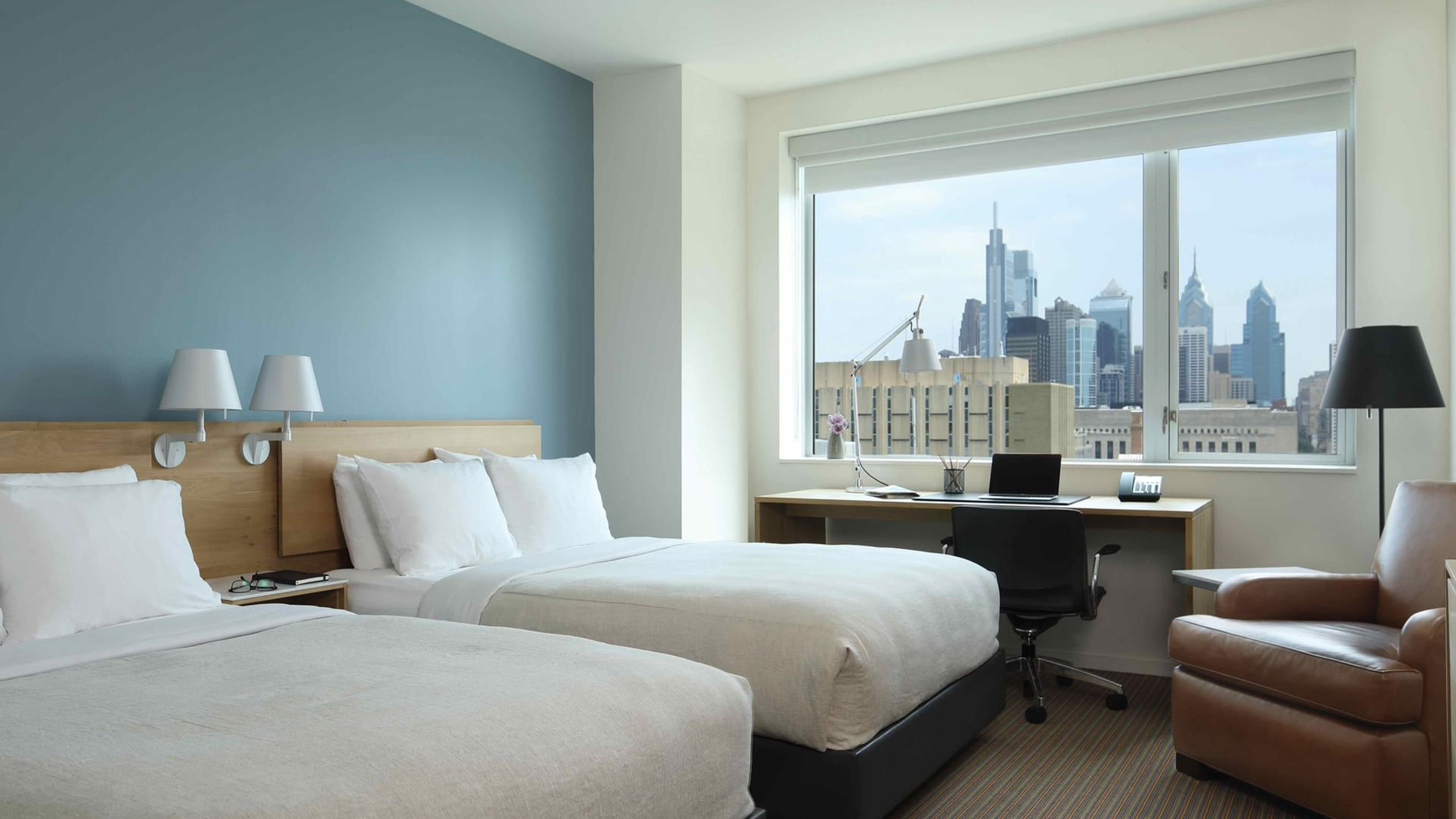
Food
Grocery Costs:
Grocery prices in Philadelphia remain moderate compared to other East Coast metros. Typical 2025 prices:
| Grocery Item | 2025 Price |
|---|---|
| Milk (1 liter) | $1.37–$1.69 |
| Bread (500g) | $3.94 |
| Eggs (12) | $4.04–$4.14 |
| Chicken (1 kg) | $12–$13 |
| Local cheese (1 kg) | ~ $11 |
| Apples (1 kg) | $5.74 |
Eating Out:
Estimated monthly grocery spending is $370–$420 per month (single adult).
| Meal Type | Price |
|---|---|
| Cheap restaurant meal | $20 per person |
| Mid-range restaurant (two people) | $82–$90 |
| Cappuccino | $5.20 |

Transport
Another type of cost of living in Philadelphia is transport. Navigating Philadelphia without a car is straightforward, as it boasts a walk score of 79, making it the 4th most walkable city in the U.S. Despite this, over half of its residents primarily use cars, averaging a 42.36-minute drive for an 18.8-mile trip. With local gas prices at $2.68 per gallon, slightly below the national average, driving can still raise living costs.
Public Transportation (SEPTA)
One-way ticket: $2.50–$2.55
Monthly pass: $96–$98.25
Regional rail: $5–$8 for most zones
Gasoline (2025)
$0.85–$0.88 per liter
(~ $3.00–$3.30 per gallon)
Parking
Downtown parking garage: $200–$350 per month
If you live in Center City or University City, public transport or biking is typically cheaper and more convenient than driving.
To save, commuters can utilise SEPTA’s extensive rail, bus, subway, and trolley network, with one-way fares starting at $2.50 and monthly passes at $96. However, vehicle ownership becomes necessary in areas lacking public transport, further increasing expenses and making Philadelphia’s transportation index 6.7% above the national average.
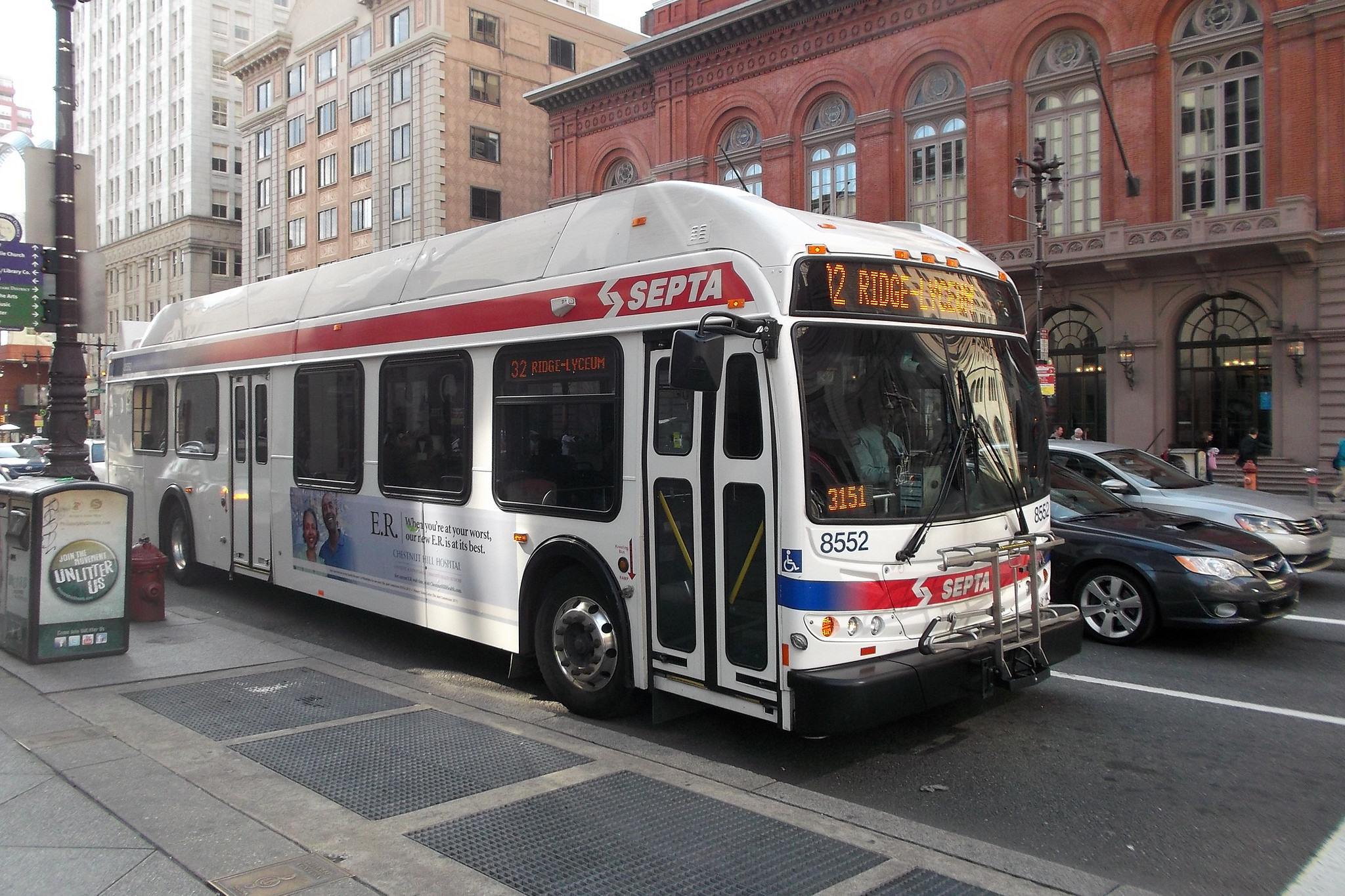
Utilities
| Utility Type | Cost (2025 Average) |
|---|---|
| Electricity, heating, cooling, water, garbage | $255–$260 / month |
| Internet (60 Mbps+, unlimited) | $76 / month |
| Mobile phone plan (10GB+ data) | $66 / month |
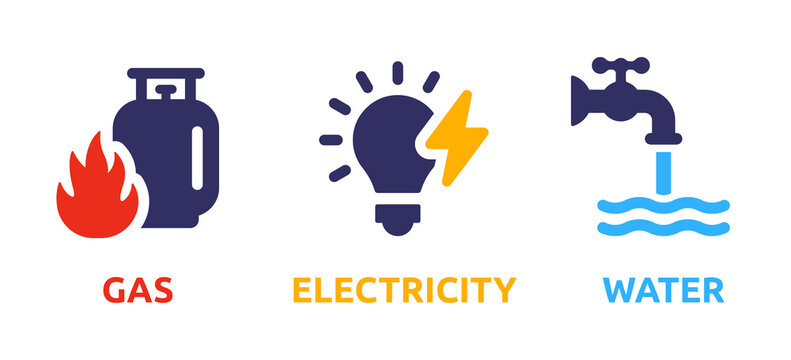
Healthcare
Living expenses in Philadelphia also include healthcare. In Philadelphia, healthcare expenses are close to the national average:
Healthcare prices vary depending on insurance type. On average:
Doctor visit: $120–$150
Dentist cleaning: $110–$140
Health insurance for a single adult: $350–$550 / month (employer plans cheaper)
Hospital fees in Philadelphia can be substantial. With some of the nation’s top medical institutions located here, the cost of high-quality care is often reflected in higher charges. However, these institutions also provide cutting-edge treatments and specialised care that may not be available elsewhere.
Philadelphia insurance premiums vary widely, influenced by coverage levels, provider networks, and individual health circumstances. While employer-sponsored insurance can mitigate some of these costs, those without such benefits might face steep premiums when purchasing plans independently.
Prescription drug prices continue to rise, presenting a significant burden for many residents, especially those requiring long-term medications. Philadelphia is no exception to the national trend of escalating pharmaceutical costs, which can strain household budgets.

Tax
When it comes to Philadelphia cost of living, tax can’t be ignored. The effective property tax rate in Philadelphia County is 0.98%, significantly lower than Allegheny County’s (Pittsburgh) rate of 2.08%. Pennsylvania boasts the lowest flat income tax rate among eight states with such a system, at 3.07%. Philadelphia adds a municipal income tax of 3.891%. The state’s sales tax is 6%, with an additional 2% in Philadelphia, totaling 8%, comparable to New York City’s 8.875% but lower than Chicago’s 10.25%. Higher taxes on essential goods and income can raise living costs. Sales taxes start at 6% in Philadelphia, and income taxes begin at 3.07%.
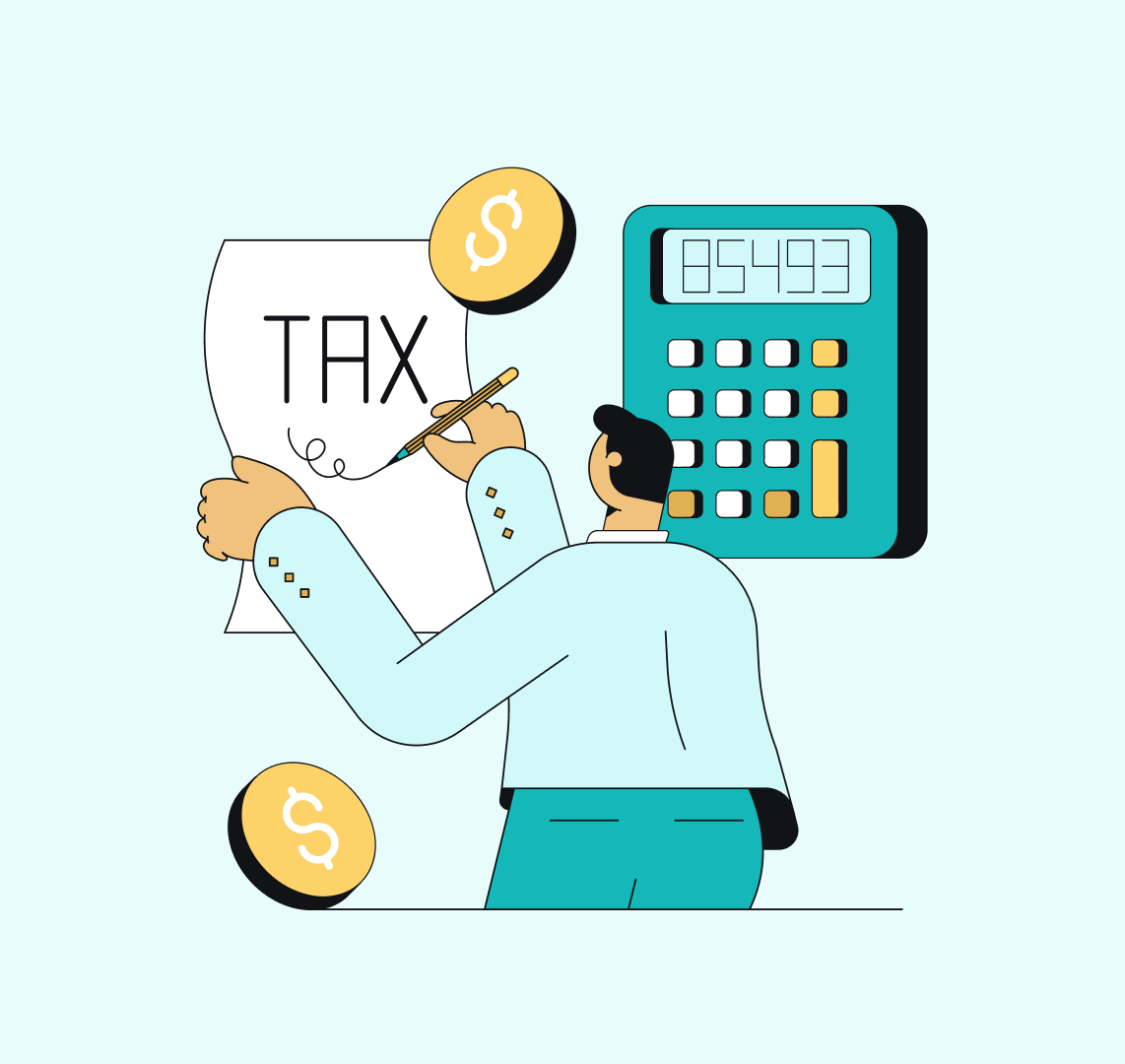
Cost of Living in Philadelphia: Education
The University of Pennsylvania (Penn) remains one of America’s premier Ivy League institutions — but attending comes with a high “sticker price.” For the 2025-26 academic year, full undergraduate costs (tuition, fees, housing, and meals) total approximately $91,112/year for on-campus students. However, thanks to Penn’s generous financial aid approach — including the “Quaker Commitment” program, which extends full-tuition scholarships to many middle-income families — a significant portion of admitted students pay far less, often reducing their net cost to manageable levels depending on demonstrated need.
As of the 2025-2026 academic year, the cost to attend Penn for undergraduates living on campus is roughly:
Tuition: $63,204
Mandatory fees: $8,032
Room (housing): $13,132
Meal plan / Dining: $6,744
Financial Aid & Net Cost
Penn states that its undergraduate financial-aid program meets 100% of demonstrated financial need with grants and work-study (no-loan policy).
Under a new initiative (effective 2025-26) called the Quaker Commitment, families earning up to $200,000/year (with typical assets) may qualify for full-tuition scholarships.
As a result, many admitted students who receive aid end up paying significantly less than the sticker price — often far below the $91,000 “full cost”.
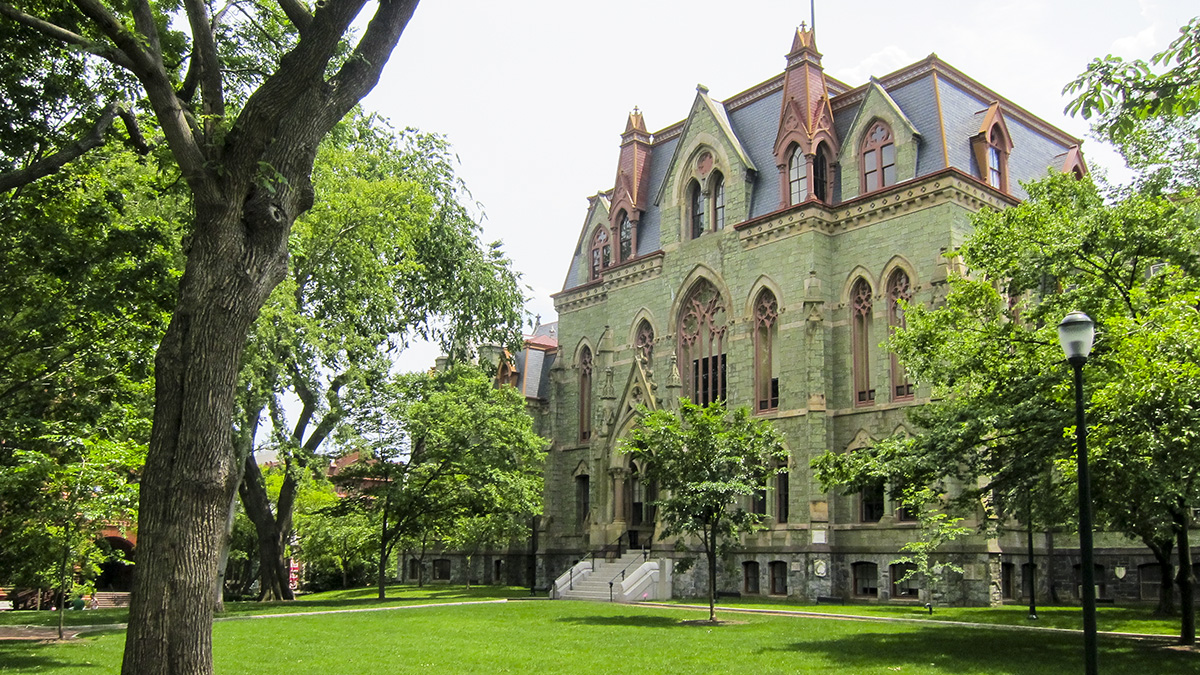
As of 2025, the undergraduate tuition and fees at Drexel University are approximately $62,412 per year (before financial aid). Including housing, meals, and living expenses, the total cost of attendance for on-campus students typically reaches $83,700–$86,000 per year. However, Drexel awards financial aid or grants to the majority of first-year students — the average grant being about $38,216, which can significantly reduce the net cost for eligible students.
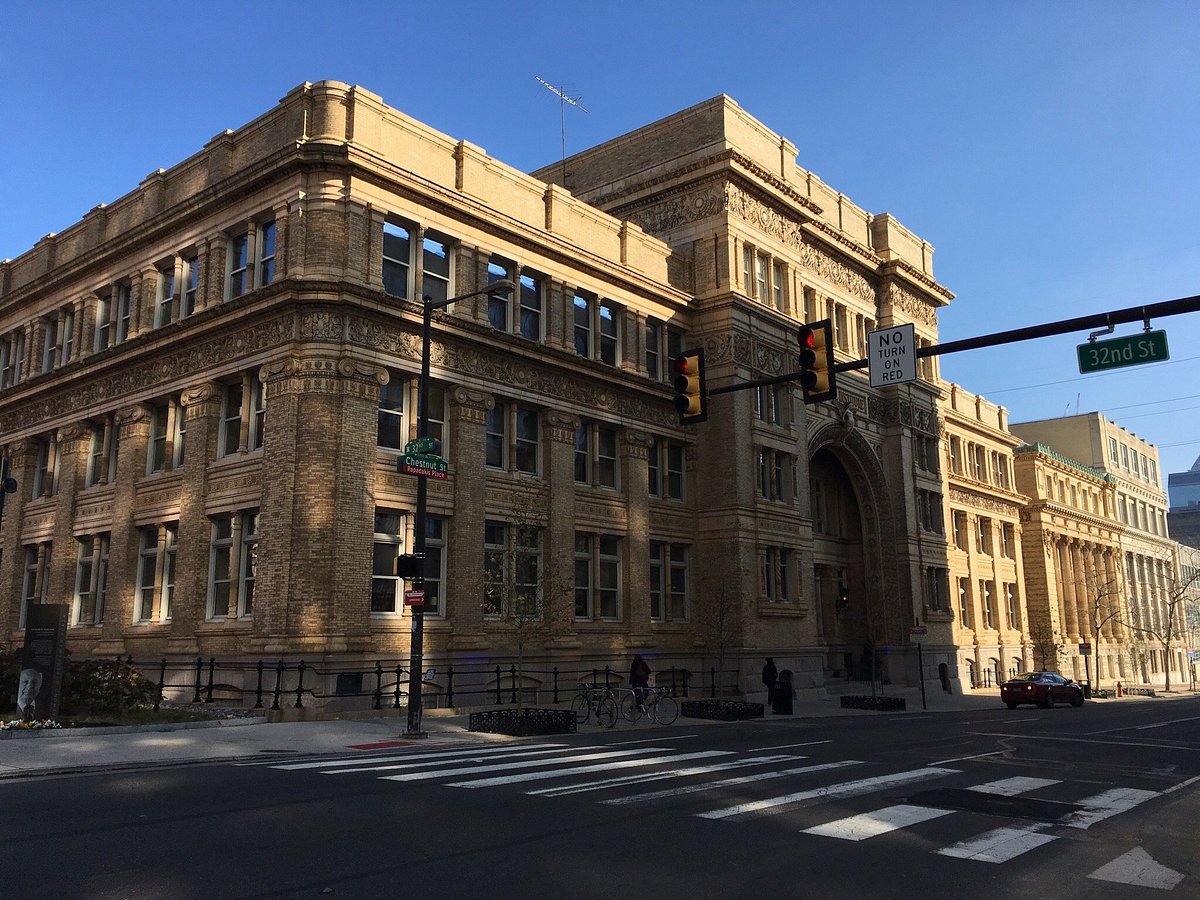
Monthly Budget Breakdown
Understanding your monthly expenses is essential for planning a comfortable lifestyle in Philadelphia. This breakdown highlights the typical costs students and young professionals can expect, from housing and food to transportation and personal spending. Use these estimates as a practical guide to help you build a realistic and balanced monthly budget.
Single adult (renting 1-bedroom)
| Category | Cost |
|---|---|
| Rent (1BR) | $1,719 |
| Utilities | $255 |
| Internet | $76 |
| Groceries | $390 |
| Transportation | $96–$120 |
| Miscellaneous | $250–$350 |
| Total | $2,800–$3,000 / month |
Couple (renting 1–2BR): $3,800–$4,400 / month
Family of Four: $6,000–$6,400+ / month
What Salary Do You Need?
Knowing how much you need to earn in Philadelphia helps you evaluate job offers and long-term affordability. By comparing local living costs with average salaries, you can determine whether your income will comfortably support your lifestyle. This section gives you a clear benchmark so you can plan your finances with confidence.
Based on the 30% rent rule + typical living costs:
Single adult
👉 Comfortable salary: $70,000–$78,000 / yearCouple
👉 Combined income: $110,000–$130,000 / yearFamily of four
👉 Household income: $100,000–$120,000 minimum
👉 Comfortably: $130,000–$150,000
Is Philadelphia Still Affordable?
Philadelphia remains far more affordable than New York City, Boston, and Washington D.C., especially in terms of rent.
With average rent at $1,719, Philadelphia offers a strong balance between cost and quality of life. However, utilities, transportation, and healthcare costs have risen slightly in recent years, so overall affordability depends heavily on your neighborhood and lifestyle.
Conclusion
In conclusion, the cost of living in Philadelphia presents a balanced spectrum of affordability and quality of life. While housing costs can vary significantly across neighbourhoods, there are options to suit a range of budgets. The city’s diverse amenities, rich cultural heritage, and vibrant community life offer considerable value for the investment. Furthermore, Philadelphia’s robust public transportation system and relatively low healthcare costs contribute to its appeal. For those seeking a dynamic urban experience without the exorbitant price tag of larger metropolitan areas, Philadelphia stands out as a compelling choice, blending economic practicality with enriching lifestyle opportunities.
Cost of Living in Philadelphia FAQ
What is a livable salary in Philadelphia?
A livable salary in Philadelphia for a single adult is typically $55,000–$65,000 per year, depending on housing choices and lifestyle. With average rent for a one-bedroom apartment ranging from $1,650–$2,200 per month, plus utilities, food, transport, and healthcare, total annual expenses usually fall between $45,000–$55,000. Earning above $60,000 generally allows for comfortable living with room for savings.
What are the pros and cons of living in Philadelphia?
- Pros: Philadelphia boasts affordable cost of living for a major city. Its deep-rooted history, favorable public transportation, appealing higher education options, plenty of beautiful outdoor spaces make it a excellent city to live.
- Cons: Living in Philadelphia has its drawbacks, including a higher crime rate than other cities, traffic congestion, and limited parking options. Additionally, some areas face aging infrastructure, and public schools often grapple with funding issues.
Is Philly cheaper than New York?
Yes, Philly is cheaper than New York. When comparing costs, Philadelphia generally offers a more affordable lifestyle than New York City. Housing, groceries, and transportation expenses are notably lower in Philly, making it an attractive option for individuals seeking a vibrant urban experience without the high price tag often associated with New York.
Is Philadelphia cheaper than New York in 2025?
Yes, in many aspects, living in Philadelphia, PA (Philly) remains more affordable than in New York City. According to 2025 cost-of-living comparisons, overall living expenses in NYC are roughly 50–55% higher than in Philly. Housing (rent) is one of the biggest differences: a 1-bedroom apartment in New York often costs many times more than a similar unit in Philadelphia.
Is $70,000 enough to live alone in Philadelphia?
Yes, for many people, an annual salary around $70,000 can be sufficient to live reasonably comfortably in Philadelphia. Even if rent, utilities, food, transport and daily expenses are combined, the cost of living in Philly is much lower than in pricier metros, leaving room for savings or discretionary spending.
What are some relatively affordable neighborhoods in Philadelphia as of 2025?
If you’re looking for more budget-friendly rent, neighborhoods outside the historic downtown and high-demand areas tend to be more affordable. For example, some areas show average rents significantly lower than prime neighborhoods — making 1-bedroom or shared apartments more accessible for students or young professionals.ent
Which neighborhoods tend to be the most expensive (highest rent) in Philadelphia?
Neighborhoods in or near city centers — including luxury or in high demand — tend to have the highest rents. For instance, areas like University City, Philadelphia, Center City West, Philadelphia and some historic/central districts are among those with top rent levels as of 2025.
